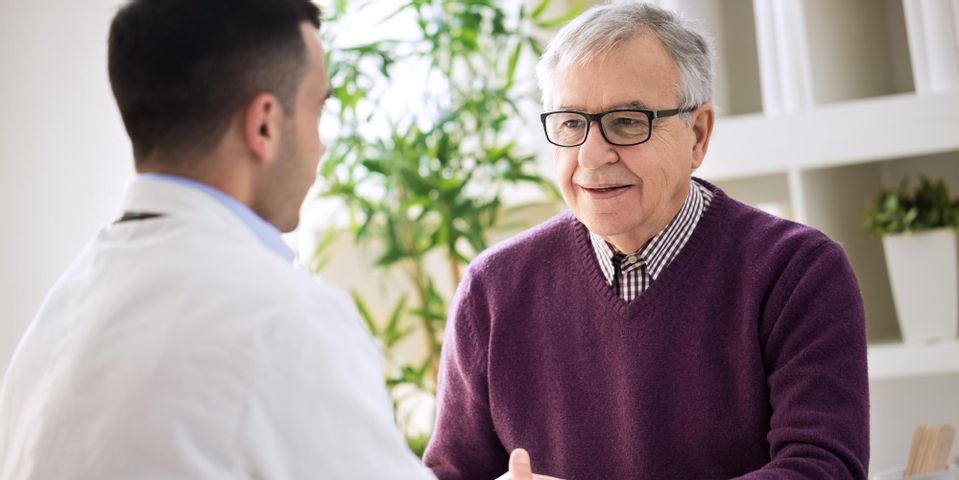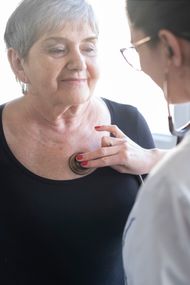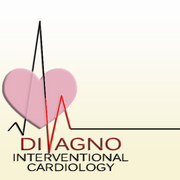3 Steps to Take When You Experience Chest Pain

It can be alarming to experience chest pain. It’s not altogether uncommon: some 25% of the general population may develop it at some stage of their lives. But that doesn’t make it any less overwhelming. What should you do if this happens to you? Here’s what to keep in mind.
What to Do If Your Chest Hurts
1. Know the Warning Signs
It’s crucial to recognize heart attack symptoms so that you can quickly seek medical intervention. Call an ambulance right away if you experience pain or pressure in the center of your chest that continues for more than a few minutes, or that stops and starts in this manner repeatedly.
Women might feel dizzy, experience accelerated pulse, develop pain in the shoulder blades, vomit, or experience indigestion. If you aren’t sure, it’s always best to call for help.
2. Monitor Your Pain History
 If you’ve experienced pain more than once, it’s important to have a medical professional address it promptly. Chart the course of your pain so that you can provide your doctor with enough information.
If you’ve experienced pain more than once, it’s important to have a medical professional address it promptly. Chart the course of your pain so that you can provide your doctor with enough information.
If it occurs multiple times a day, if it’s grown more severe over the past few months, or if it develops with greater intensity when you exert yourself, you need to contact a doctor. You should also contact a professional if you experience it when you’re at rest.
3. Recognize the Differences
Not all types of chest pain are related to the heart. Some may be associated with esophageal problems, lung conditions, or stress. For example, heartburn may cause a burning sensation below the ribs or chest pain after you eat. You may also taste something acidic or salty, or feel a burning sensation in your throat.
Additionally, panic attack symptoms may be similar to those of a heart attack. The key difference is that they usually come to a head within minutes, while symptoms of the heart may continue for extended periods. Nevertheless, it’s imperative to contact a doctor if you’re concerned about your symptoms.
The professionals at DiVagno Interventional Cardiology, MD, PA, in Rochelle Park, NJ, are committed to your heart health. Dr. Leonardo DiVagno and the cardiac care specialists use state-of-the-art equipment and technologies to assist with your diagnosis and treatment. Whether you’re concerned about shortness of breath, high cholesterol, or chest pain, they can help. Visit the website for information about these services, or call (201) 845-3535 to schedule an appointment.
About the Business


